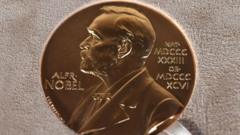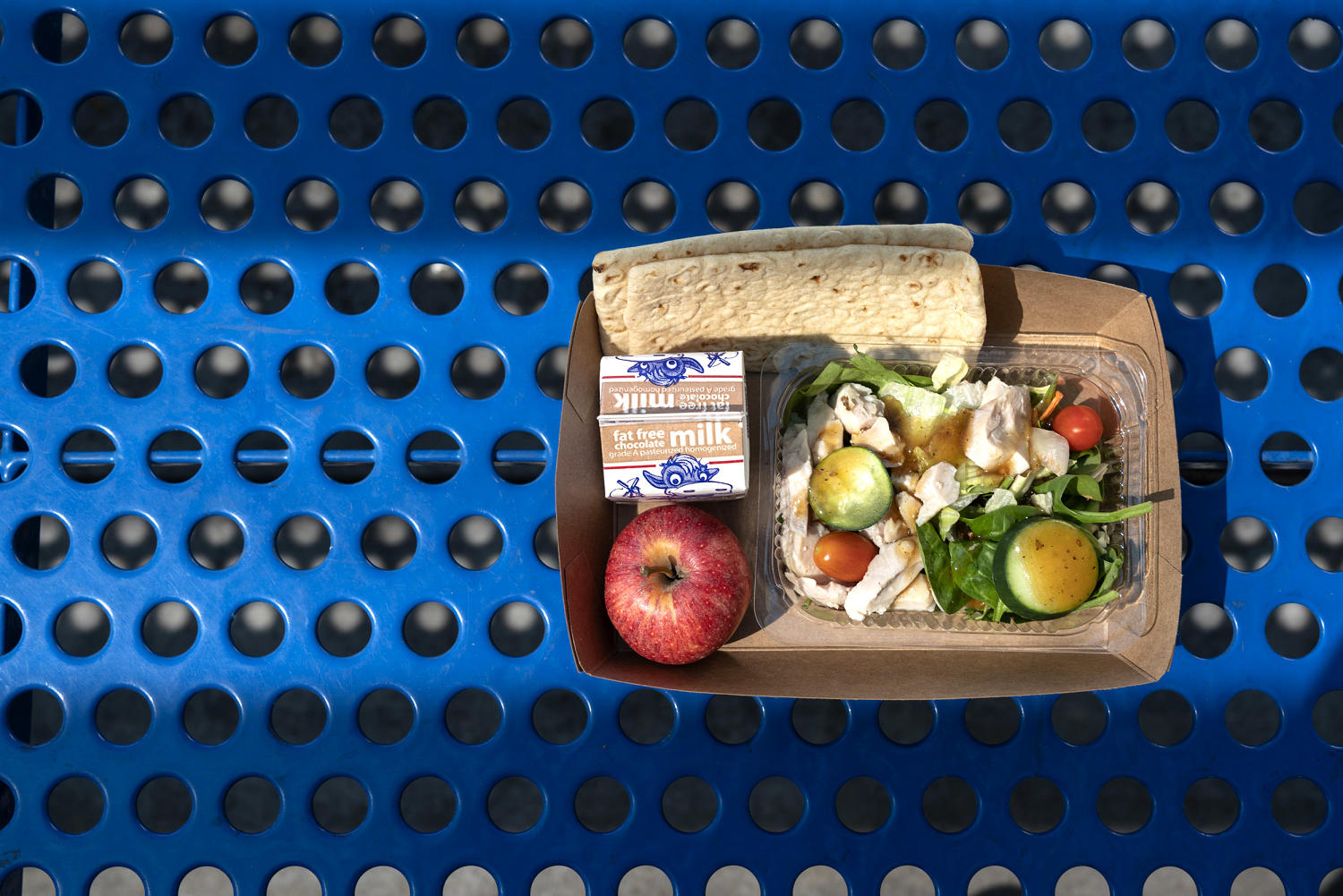Has Your Scientific Work Been Cut? We Want to Hear.
NegativeHealth

The Times is launching a new series to highlight the impact of policy changes by the Trump administration on scientific research. They are seeking stories from scientists whose work has been cut, shedding light on the broader implications for innovation and knowledge in the scientific community. This matters because it underscores the challenges faced by researchers and the potential loss of valuable contributions to society.
— Curated by the World Pulse Now AI Editorial System






